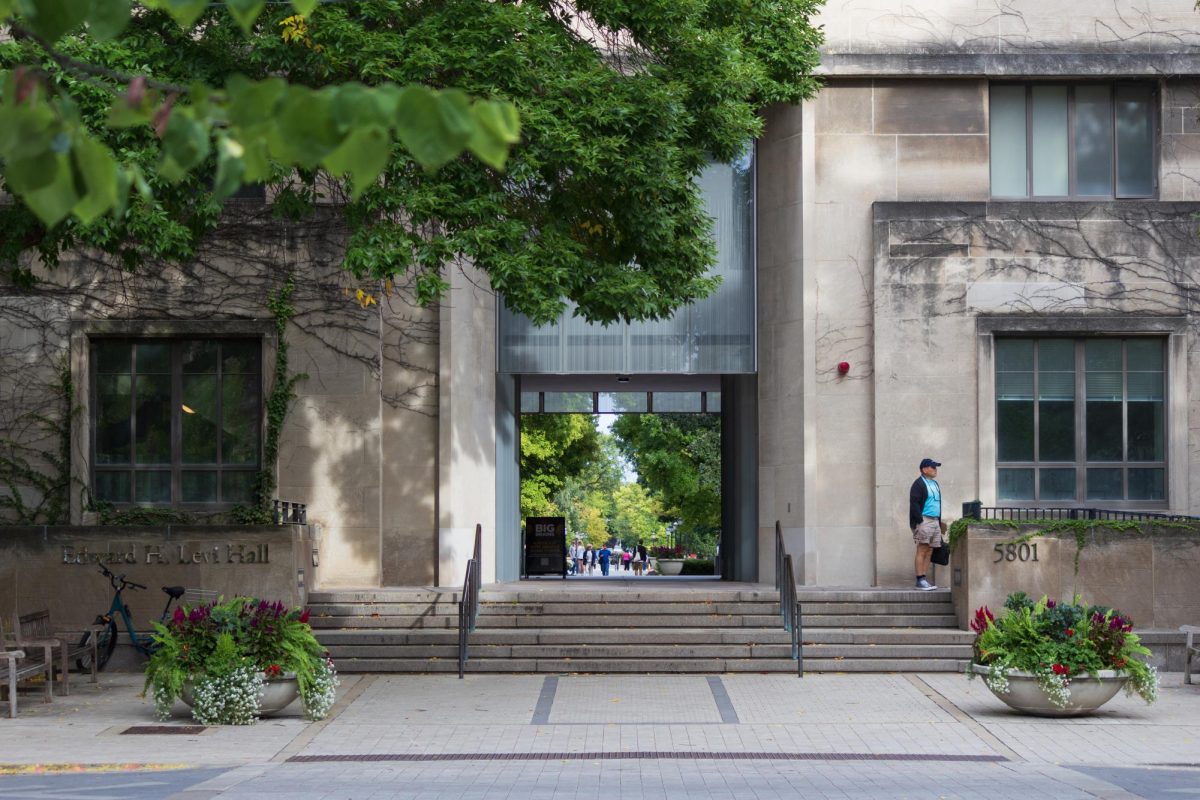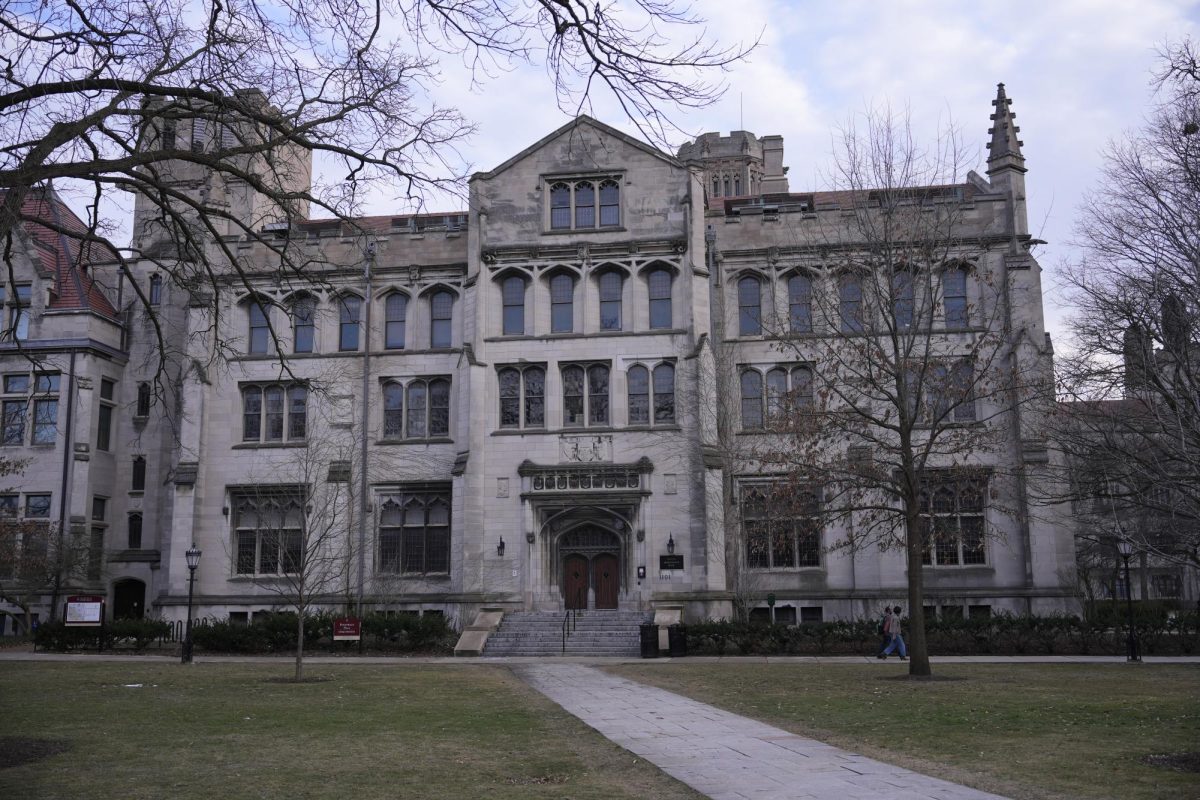Harvard’s decision earlier this month to end its Early Action program prompted a flurry of praise from the masses and had caused other institutions to follow suit. Princeton, for example, which was expected to turn its binding Early Decision program into a non-binding Early Action program, instead emulated Harvard. Earlier this week, the University of Virginia did the same and Yale is expected to soon. These developments have prompted virtually all news outlets to trip over themselves in their attempts to laud Harvard and company for the risk they have assumed in their supposed quest to make the college admissions process more fair.
But let’s get our facts straight. Early admissions programs don’t have to be unfair. In fact, many are not. There are two types of early admissions: Early Decision and Early Action. Early Decision requires students that apply to contractually agree to attend the university if they are accepted—independent of financial aid considerations. This makes applying under Early Decision a risky prospect for poorer students. Also, Early Decision effectively gives wealthier families the opportunity to trade a better chance at admission for no hand at the financial aid bargaining table.
But these arguments have no bearing on Early Action, which doesn’t require students who apply early to actually accept the college’s offer of admissions. It is the binding aspect of many early admissions programs that make them unfair, not the fact that they come a few months earlier. But this hasn’t stopped Harvard and company from arguing that getting rid of early admissions is likely to make the application system less complicated and less stressful for students.
But do these arguments hold any weight? Isn’t it silly of Harvard and company to think that the earliness or complexity (although surely no more complex than the most basic studies of any college student) of early admissions somehow prevents an egalitarian utopia? Also, how does getting rid of a system that allows students to apply to just one school and gain acceptance, instead of applying to dozens, reduce anyone’s stress? This is sort of logic that supports the rhetoric coming out of Cambridge, Massachusetts. Such rhetoric might float at Harvard, but it shouldn’t at the U of C.
Early Action might be stymied in the public eye because of its similarity to Early Decision—which has to go—but that doesn’t mean any self-respecting university should give in to all the illogical pressure swirling around.








